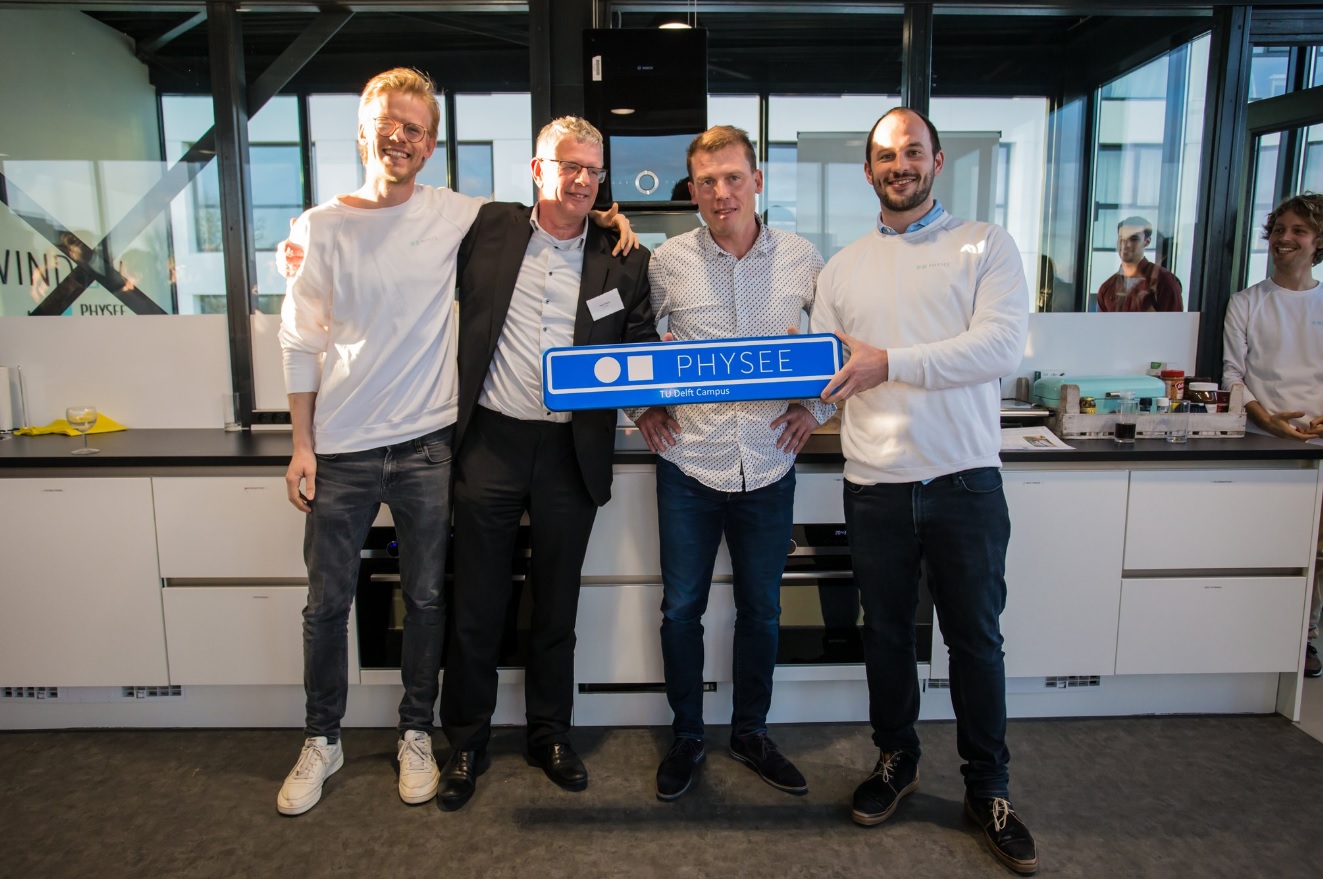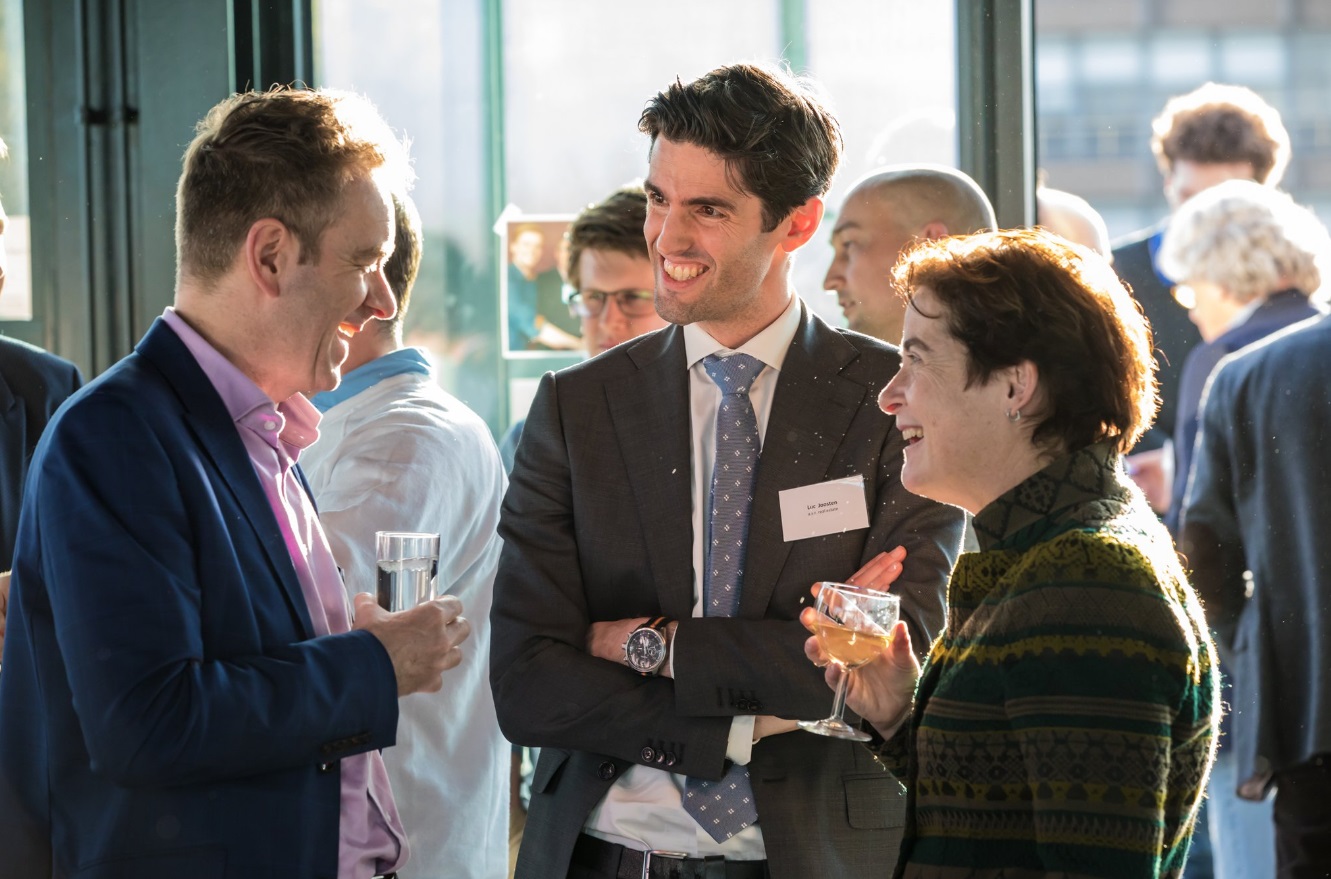"The whole must be more than the sum of the parts"
How co-creation helped the Delft-based company Physee grow
Co-creation. It is a common term in the world of innovation. There are also various initiatives on the TU Delft Campus in which researchers, entrepreneurs and other parties work together on the development of a new product. But how exactly does this work? A good example is Physee, the startup that produces smart, power-generating windows.
“As a technical university, we need startups and companies for new innovations. We just can't do it alone ”, Paul Althuis, director of the Innovation & Impact Centre said during the last TU Delft Campus Community Drinks & Insights, which took place in the new building of Physee. "That is why Delft University of Technology is setting up field labs in which these parties can work closely together." Recently, RAS opened its doors: a research lab for all parties involved in the development of autonomous shipping.
Althuis was backed by Erik van der Kolk, a researcher at Delft University of Technology who was involved in the development of the technology used in the Physee window. "It's nice when you make an invention, but it's just as hard to turn it into a product." He explains that part of the success from Physee can be attributed to the continuing involvement of the university. "We have further developed the technology by jointly setting up research projects."
Physee was also able to use labs from Delft University of Technology. This collaboration also benefits the university. Two million euros in research funding were generated and various student projects were set up around Physee technology. "A wonderful form of co-creation," says Van der Kolk.
"We could not have reached the point where we are today without co-creation," said CTO Willem Kesteloo. "We started with a window that generates electricity, but after five years of co-creation, this has evolved into a vision of using our façade for make buildings more sustainable." A good example is the new Physee office on the TU Delft Campus, which is also a product of co-creation. It is an existing building that has been transformed over the last years into a state-of-art building with energy-generating facades.
Kesteloo: "It is a living lab, in which we are surrounded by our own technology, and where PhDs from Delft University of Technology are working on its further development."
But be careful. Co-creation is not something that you just do for a moment. Poorly executed, it leads to "co-destruction", CEO Ferdinand Grapperhaus warned. "The whole must be more than the sum of things," said Kesteloo. "You have to be vulnerable and open to sharing knowledge and insights." Only when you do that is co-creation a "magical process" leading to "uncompromising, sustainable innovation."

